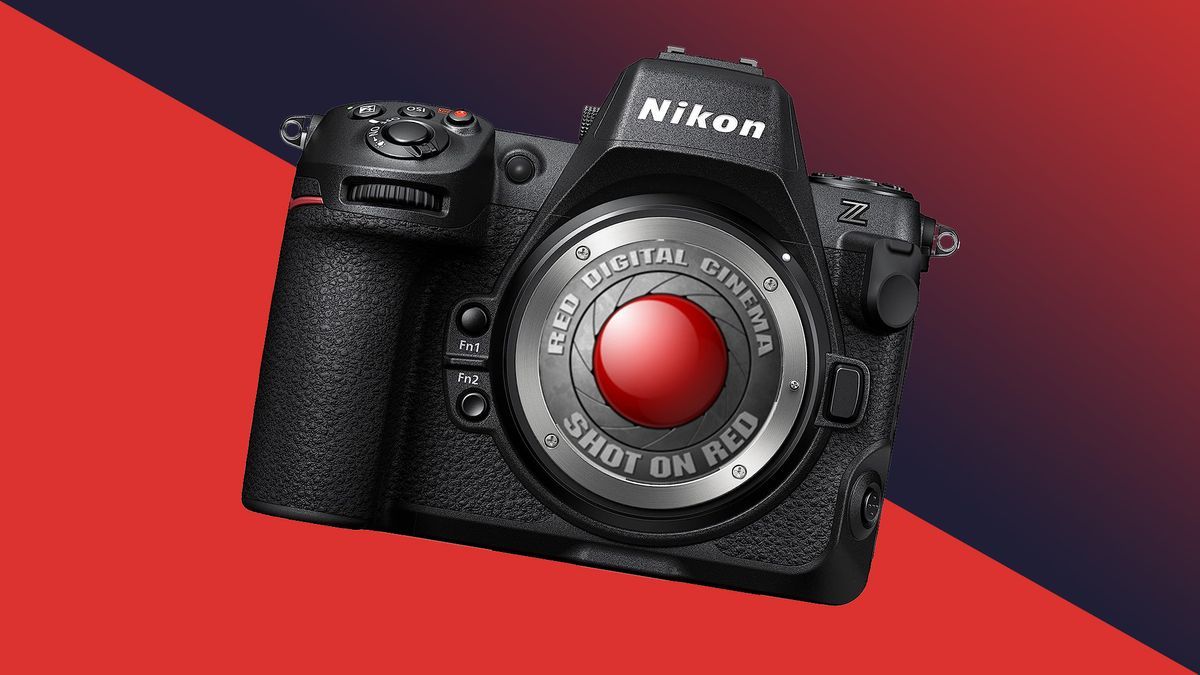It wasn't a sure thing, but it wasn't a surprise either: Nikon will reportedly use RED camera technology in its future cameras.
The camera giant recently bought RED Cameras for a sum now revealed to be $85 million, but questions remain as to what the acquisition will yield.
Nikon President Muneaki Tokunari addressed this general issue in an interview published by Nippon, confirming that “Nikon Corp. aims to expand its camera market share by using video technologies from a U.S. film camera company acquired in the spring.”
Nikon is hoping to capitalize on its recent recovery with excellent mirrorless cameras such as the Nikon Z8 and on recovering sales of its interchangeable lens cameras, especially in China and other emerging South Asian countries. Tokunari points to video as a key area of opportunity.
“Nikon has seen strong demand for powerful video capabilities in recent years,” says Tokunari. Indeed, Nikon is now in an excellent position to increase sales, boosted by its recent acquisition of RED.
According to Tokunari, there are also plans in the works to build semiconductor plants across Japan. The equipment at such plants makes chips, also known as image sensors.
Both Sony and Canon already make their own camera sensors, with Nikon being the only one of the three that doesn't; instead, Sony sensors are used in its cameras.
New RED technology and proprietary sensors in future cameras? It's a promising time for Nikon fans.
What video updates can Nikon fans look forward to in the future?
Nikon's heritage is in photography, but it got ahead of its rivals by acquiring RED, a major player in the world of professional video.
First, it’s very likely that we’ll see improved video codecs in future Nikon cameras, even existing models like the Nikon Z9, via a firmware update, as Nikon now owns RED’s patent for “undebayered” raw video recording and RED’s legendary R3D raw codec (known as REDCode RAW). It’s possible that cameras like the Z6 III, Z8, and Z9 will be able to achieve 16-bit REDCode raw video.
Combined with their own sensors, we could reasonably expect better dynamic range and color profiles for video, competing with the best. However, we don't know how soon Nikon will produce its own sensors.
What about hardware? Developing a new Nikon RED Z-mount camera or a modular Nikon RED-inspired camcorder would take years, so we're not going to get too excited just yet. We'll be keeping an eye on how the Nikon and RED collaboration develops, though, as I'm sure Canon and Sony will.








